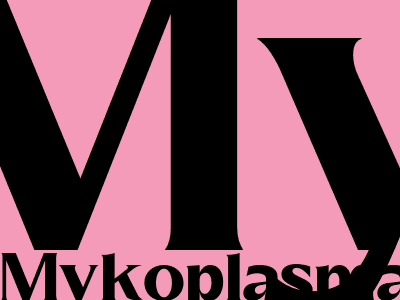
Mycoplasma in Sweden: A Comprehensive Guide
Overview
Mycoplasma is a genus of bacteria that lack a cell wall and are often found in association with humans and animals. In Sweden, Mycoplasma species have been reported in a variety of clinical settings, including respiratory tract infections, urogenital infections, and joint infections.Mycoplasma Pneumoniae
Mycoplasma pneumoniae is the most common species of Mycoplasma in Sweden and is responsible for a significant proportion of community-acquired pneumonia cases. Mycoplasma pneumoniae infection typically presents with an abrupt onset of fever, cough, sore throat, and headache. Other symptoms may include muscle aches, fatigue, and chest pain.
Mycoplasma Genitalium
Mycoplasma genitalium is a sexually transmitted infection that can cause urethritis and cervicitis. Symptoms of Mycoplasma genitalium infection include burning or itching during urination, increased vaginal discharge, and lower abdominal pain. The infection can also be asymptomatic in both men and women.
Other Mycoplasma Species
Other species of Mycoplasma that have been reported in Sweden include Mycoplasma hominis, Mycoplasma orale, and Mycoplasma fermentans. These species are typically associated with less common infections, such as endocarditis, pericarditis, and meningitis.
Diagnosis and Treatment
The diagnosis of Mycoplasma infection is based on laboratory testing. A variety of tests are available, including polymerase chain reaction (PCR), serology, and culture. Treatment for Mycoplasma infection typically involves the use of antibiotics. The choice of antibiotic depends on the species of Mycoplasma and the severity of the infection.
Prevention
There is no vaccine available to prevent Mycoplasma infection. However, there are a number of things that can be done to reduce the risk of infection, including:
- Practicing good hygiene, including washing hands frequently
- Avoiding close contact with people who are sick
- Using condoms during sexual activity
Conclusion
Mycoplasma is a genus of bacteria that can cause a variety of infections in humans. In Sweden, the most common species of Mycoplasma is Mycoplasma pneumoniae, which is responsible for a significant proportion of community-acquired pneumonia cases. Other species of Mycoplasma can also cause infections, such as urethritis, cervicitis, endocarditis, and pericarditis. The diagnosis of Mycoplasma infection is based on laboratory testing, and treatment typically involves the use of antibiotics. There is no vaccine available to prevent Mycoplasma infection, but there are a number of things that can be done to reduce the risk of infection.